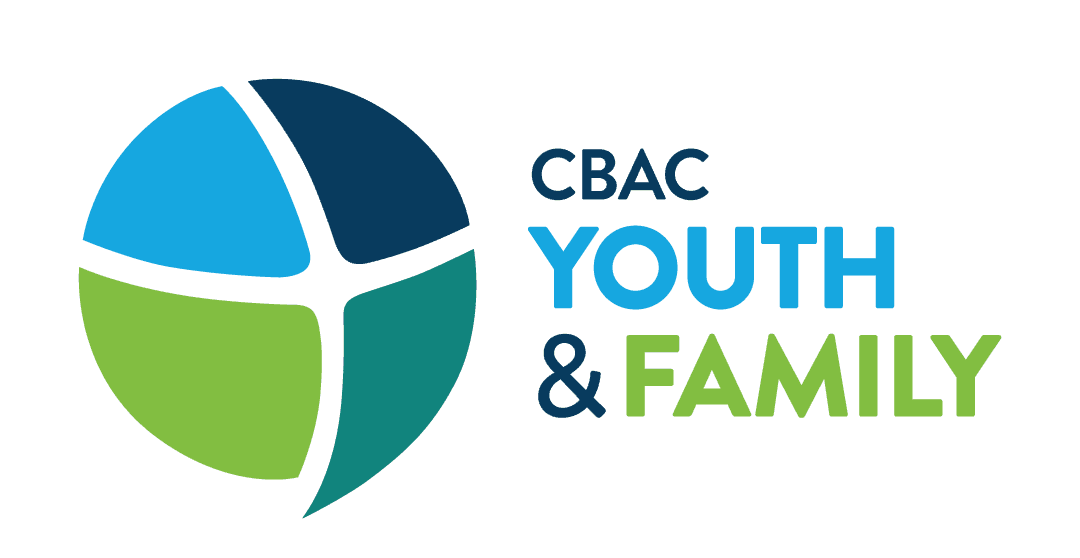“I give you a new commandment: Love one another as I have loved you.” John 13:34
Maundy Thursday (latin for “command”) is in reference to one of my favourite scenes from Scripture. In John 13 we see Jesus modelling to his disciples what type of leaders they should be. By kneeling down, into the dirt, picking up the sweaty and sand-covered feet of the disciples, Jesus is modelling for us the type of leader he is calling all of us to be.
As I reflect on the Easter season and especially on Maundy Thursday, I am struck by feelings of confusion and uncertainty about how to ‘wash the feet’ of others in this season of social isolation and social distancing.
How can the Church be the hands and feet of Jesus in a season where our hands are stuffed in our pockets, covered in hand sanitizer, and our feet seem to only shuffle about our respective homes?
These are important precautions and we must continue to listen and adhere to the directions outlined by our government and medical professionals. However, this question is a challenging one and is being asked by many of us.
I find it challenging to think about how to meet others’ needs when I am so concerned about my family members working in the healthcare system, about my 86-year-old grandmother, about the youth stuck in unsafe homes, and my friend figuring out how to protect their 2-year-old daughter when they come home from work.
We are all confronted in this season with our own personal crises. In this season we need to pay attention to our personal needs and the sacred journey of moving from our intellectual thoughts to the wisdom and knowledge found in the heart (Nouwen, Christensen, & Laird, 2010). Ruth Haley Barton (2008) writes:
“During this time we may experience serious doubt as to whether we are even cut out to be a leader. It might feel as if we are being dismantled. God’s word to us during such times is, Be not dismayed. Even when you don’t know who you are, I know who you are, and I will call to you when it is time” (p. 60).
When speaking with others and in my own personal experience I have witnessed differing levels of three ‘postures’: paused, paralysis, and participation.
Paused
For some of us, we need to pause for a moment and perhaps adopt a spiritual discipline. Here we need to reconnect with Jesus, to breathe, and to ask him: Where are you in this season Lord?
Paralysis
For others we may be feeling connected with God but are in a state of paralysis. We need to acknowledge our confusion and lack of capacity, and ask the question: Where can I, with all my weakness, serve you Lord?
Participation
Finally, some of us may be doing just ‘fine’. While feeling disjointed we are moving forward with action while staying close with Jesus. There is an opportunity to ask God: Who can I encourage today?
If we are to be honest, we may experience all three of these postures in one day. However, as we approach Easter and once again enter into the great loving mystery of the Resurrection, we have opportunities to support and encourage ourselves and each other. The hope of Christ is greatly needed in a world full of uncertainty and fear. As the Church we must be innovative and creative in serving our communities. This is everyone’s responsibility, not just those in ‘official’ roles of leadership. As we move to serve as Jesus modelled, it’s essential to stay connected to the true vine (John 15:1-17). And we need to be kind to ourselves when the invitation from Jesus is to ‘come away and rest’ (Mark 6:31).
May the God of hope fill you with all joy and peace as you trust in Him, so that you may overflow with hope by the power of the Holy Spirit (Romans 15:13).
Reference List:
Barton, R. (2008). Strengthening the soul of your leadership : Seeking God in the crucible of ministry. Downers Grove, Illinois: IVP Books.
Nouwen, H., Christensen, M. J., & Laird, R. (2010). Spiritual formation : Following the movements of the spirit (1st ed.). New York: HarperOne.
